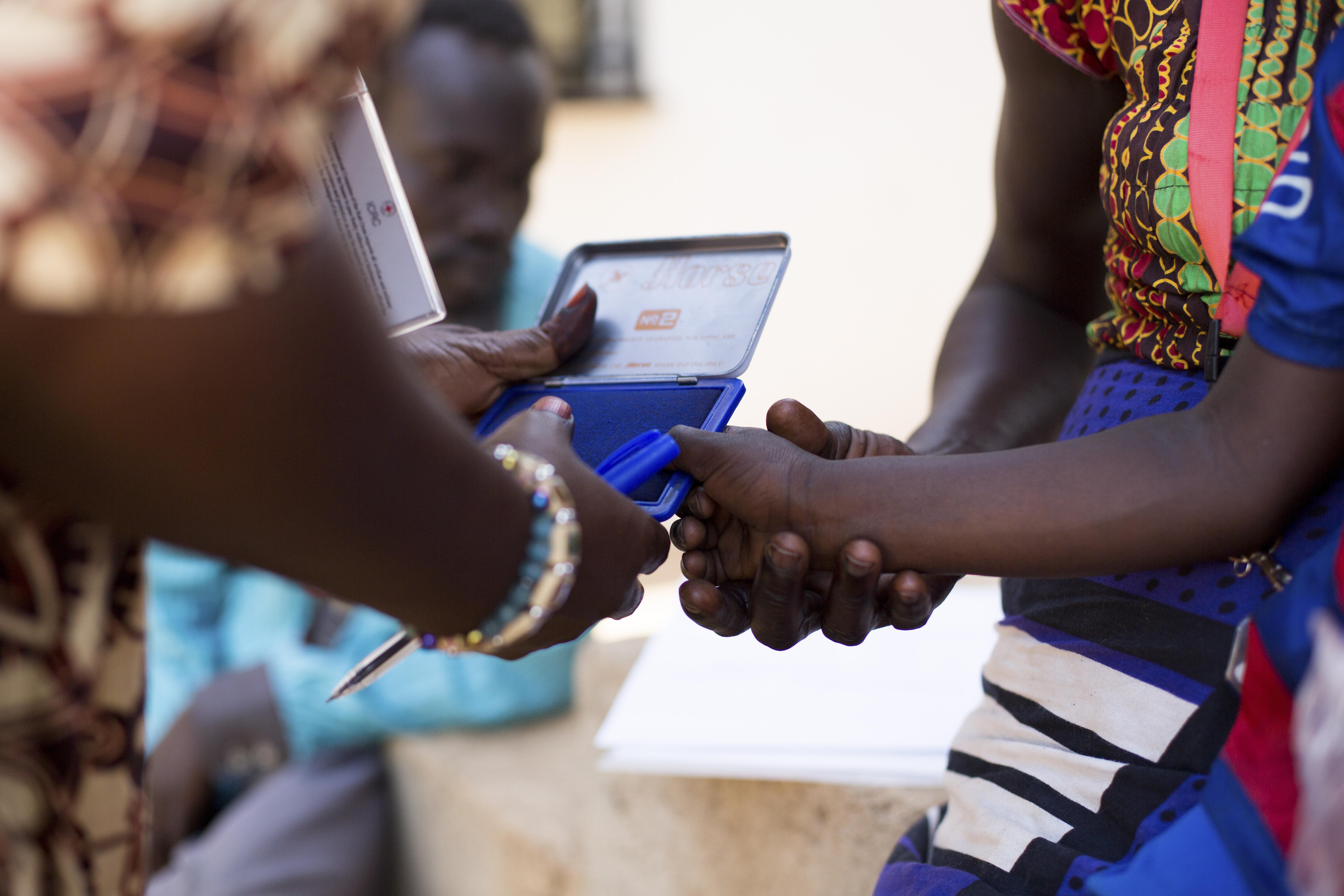The Engineering Humanitarian Aid initiative, officially launched on 10 December 2020, will harness the expertise of Switzerland's two federal institutes of technology to benefit humanitarian aid programs. The effort will focus on the areas of energy and the environment, data sciences and digital technologies, and personalized health and related technologies.

Humanitarian aid organizations are now facing unprecedented challenges, which science and technology can help to overcome. For this reason, ETH Zurich, EPFL and the International Committee of the Red Cross (ICRC) have joined forces in the Engineering Humanitarian Aid initiative. The goal is to put the expertise of the two federal institutes of technology at the service of humanitarian aid. Under its aegis, projects will be carried out in three strategic areas: energy and the environment; data sciences and digital technologies; and personalized health and related technologies.
The three partner organizations have already worked together on a number of projects over the years. But this initiative aims to accelerate efforts to leverage new technology to improve the provision of humanitarian aid. “The potential for using digital technology to support humanitarian aid programs is still largely untapped,” says Joël Mesot, the president of ETH Zurich. “Our two federal institutes of technology can draw on our engineering know-how to make a difference and facilitate the ICRC’s job out in the field. To that end, we can rely on our past experience in development cooperation.”
"Our new initiative with ETH Zurich and the ICRC gives our work added meaning because we know what we do will have a concrete, positive impact on people's daily lives", says Martin Vetterli, EPFL President
R&D and technology transfer are indeed central to both ETH Zurich and EPFL. “This collaborative effort is in keeping with the humanitarian tradition of French-speaking Switzerland,” says EPFL President Martin Vetterli. “EPFL has been carrying out joint projects with the ICRC for several years. These include creating the Humanitarian Tech Hub in 2016 and developing an innovative foot prosthesis for conflict victims. Our new initiative with ETH Zurich and the ICRC gives our work added meaning because we know what we do will have a concrete, positive impact on people's daily lives.”
A spirit of innovation
According to ICRC President Peter Maurer, “throughout the ICRC’s history, there has been a spirit of innovation and of partnering up to develop new solutions. From 1863 to today, we have endeavored to leverage the best of science to aid those living in war and conflict. This is especially critical today, given the enormous, complex humanitarian challenges caused by violence, climate change and pandemics. We need to make sure that humanitarian services evolve so as to remain relevant, efficient and inclusive – and to meet peoples’ most pressing needs.”
Several projects are already underway and others are in the pipeline. One current project, led by Carmela Troncoso, a professor at EPFL's Security and Privacy Engineering Laboratory, addresses privacy issues related to biometric data. Biometric data could be an effective way to eliminate redundancies in aid provision and make sure that the ICRC help reaches as many people as possible. Yet these types of data raise privacy concerns. Troncoso's project seeks to identify the ICRC's on-the-ground security and privacy requirements when processing beneficiaries' biometric data, and to design a system that keeps these data confidential.
Another project involves using artificial intelligence to map vulnerable populations. By compiling information such as satellite images and social media posts, the project will estimate the size and density of these populations, as well as associated information such as settlement type and changes in population. The resulting data will be fed into terrain maps. This project is being carried out by Konrad Schindler, from ETH Zurich’s Institute of Geodesy and Photogrammetry, and Devis Tuia, the head of EPFL’s Environmental Computational Science and Earth Observation Laboratory.
In the area of technology for personalized healthcare, a project led by Stephan Wagner, the Chair of Logistics Management at ETH Zurich, deserves special mention. His project aims to improve the availability of medical equipment in conflict zones. The goal is to reduce shortages and cut down on the waste of certain medical products. By analyzing medical supply-chain data and combining them with a qualitative assessment of the ICRC’s system, the project team hopes to identify the root causes of inadequate information flow, model potential improvements, and propose feasible solutions.
ETH Domain provides seed funding
Researchers from both ETH Zurich and EPFL can propose projects under the initiative. Joint efforts that also involve other members of the ETH Domain are particularly encouraged. Proposals are reviewed by a steering committee that consists of two members from each of the three partner organizations. The ETH Board has earmarked CHF 5 million in seed funding for the projects over a two-year period (2021–2022). The partner organizations hope to expand the program over the coming year. At EPFL, efforts under the initiative are being coordinated by the EssentialTech Center, while at ETH Zurich they are being managed by ETH for Development (ETH4D).
The three partner organizations are committed to carrying out joint projects, developing and distributing innovative products and processes, and training students, ICRC employees and local partners. The hope is that, by optimizing how resources are deployed, this one-of-a-kind partnership will significantly benefit populations that are most in need.
This article was first published on 10 December by EPFL.




 A unique international forum for public research organisations and companies to connect their external engagement with strategic interests around their R&D system.
A unique international forum for public research organisations and companies to connect their external engagement with strategic interests around their R&D system.